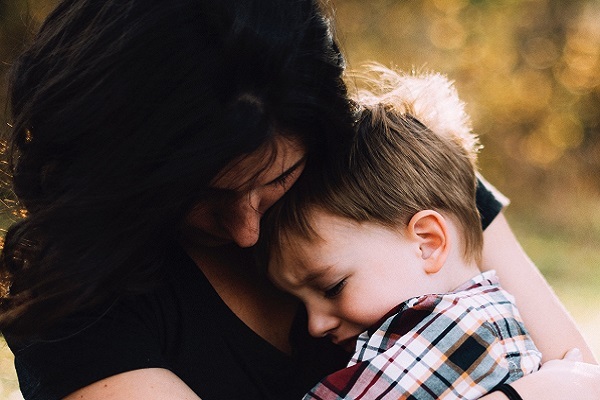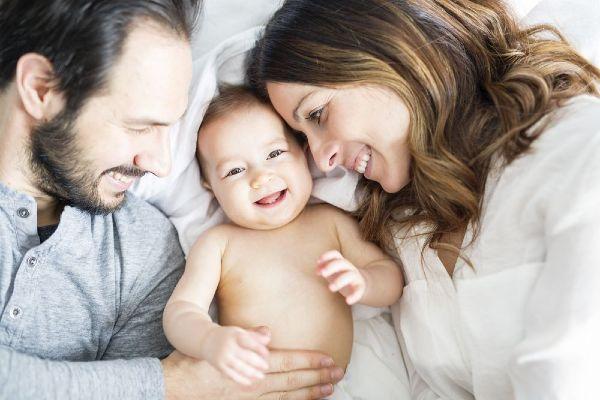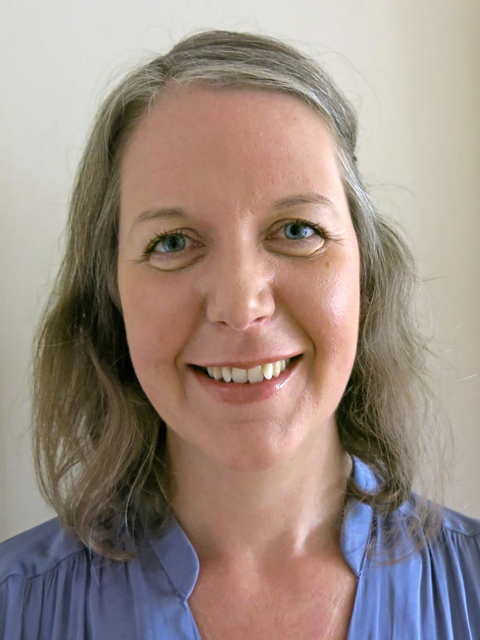In my work with children of all ages and their parents, the central theme that we return to time and time again is what psychologists call 'emotional regulation'.
Emotional regulation is the skill we develop as humans to literally regulate our emotional experiences. It is the capacity to be OK with whatever feelings we are feeling and to be able to show and act on our feelings in a safe and hopefully helpful way for ourselves and others.
Easier written than done!
For a skill that is so essential to our human experience and how we navigate the world, it is so curious that we receive so little formal input on it. Most of us remember learning how to ride a bike, to read and write: with lots of practice, time and hopefully the supportive guiding presence and patience of a parent/teacher. Yet do you remember learning to name the feelings you were feeling, and how to show them in a safe and helpful way? For most of us, we stumbled through our early emotional lives learning for the most part in a haphazard and informal way what feelings seemed OK to feel and show and what feelings definitely seemed not OK to feel and show.
And that’s OK, it’s just how it was. There is nothing wrong with haphazard or informal, but in my experience, and according to recent neuro-scientific research (and indeed many of the ancient wisdom traditions), there are skills that we can learn that can help us be OK with – and ultimately befriend – our feelings and show them in a way that is safe, true to our experience and helpful for ourselves and others.
And just like learning how to ride a bike or to read and write, it takes practice, time and the guiding presence and patience of someone who is more experienced than us to mirror back to us our experiences of our emotions in a loving, spacious and contained way.
As parents, we take on the role of the more experienced ‘Other’ to support our children in learning the skills to be OK with their emotions. But for many of us – perhaps because of the way we stumbled through our own experiences of learning about emotions - or because of the way we are neurologically wired, or a mixture of both, we too struggle with being OK with our emotions and how we show them. And so, when it comes to being OK with our children’s emotions and acting as a supportive guide to help them to learn these skills we might really, really struggle.
But looking at it from a ‘Skills acquisition’ perspective, we can hopefully let go of (some!) self-criticism, self-blame and guilt, and say ‘Of course’. Simply put, we may have never been formally shown the skills required to be OK with our own feelings – let alone those of others – not to mention acting as a supportive guide and container to our children as they learn the skills of emotional regulation.
While that might make sense on a logical level, it may offer little solace when you find yourself and your child in the middle of a big emotional storm – storms that may arise on a daily or hourly level. It may seem even more frustrating to you as you try to navigate your emotional responses AND try to support your child’s big emotional outburst, whatever that may be.
And it is from this very place that I suggest you invite yourself to allow some self-compassion when a big feeling is happening to you. Right there and then, when you find yourself really struggling to ‘manage’ the escalating emotional interchange that is going on between you and your child. Can you pause, take a breath, notice the big feeling happening, and say, ‘ah yes, I’m just learning these skills too, bit by bit’. And with that, can you offer yourself the same space and patience that you would offer someone when they are learning something new? Can you give yourself some slack and acknowledge that you are doing your very best, despite not ever having been formally taught these skills yourself? And that the first step in learning something new is to pause and be open and available to yourself and for yourself.
Julie Meehan ©2019










